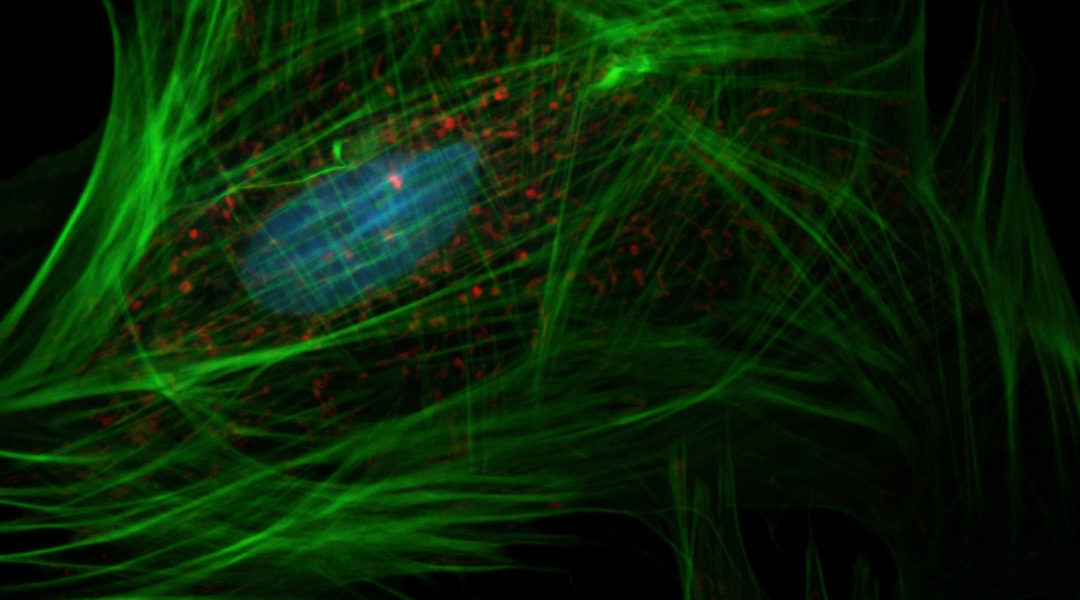Many medical experts believe that a gene predominately expressed in the kidney called klotho is the primary manager of aging in mammals. The gene also plays a big role in regulating vascular health and kidney function. If someone has a low activity of this gene, they may be susceptible to:
- Advanced Aging
- Anemia
- Bone Loss
- Cancer
- Diabetes
- Glaucoma
- High-Blood Pressure
- Lung Damage
Higher than normal klotho activity in people may also put them at higher risk of alcoholism, bipolar disorder, polycystic ovarian syndrome and multiple sclerosis. However, a balanced level of Klotho activity has been shown to improve a number of cognitive functions and reduce a person’s level of risk for certain diseases.
For some people, klotho improves brain function and lowers a person’s risk of developing Alzheimer’s disease. Additionally, studies show klotho protects dopamine, which is a neurotransmitter in the brain responsible for sending messages among different nerve cells.
Some studies suggest people with lower than normal levels of klotho puts them at a higher risk of premature death. Klotho appears to lower oxidative stress and reduces inflammation. A study of mice with genetically modified klotho showed their life spans were extended by 20 to 30 percent.
Medical experts also suggest klotho can suppress the formation of tumors. Increasing levels of klotho in the body show a person may have a reduced risk of getting breast cancer, colon cancer, gastric cancer, kidney cancer, lymphatic cancer and skin cancer.
Other reports suggest an improvement in exercise performance. Studies suggest an increase in muscle strength and a reduction in muscle loss. Klotho may be able to improve tissue regeneration by modulating stem cells.
There is also evidence to support an improvement in vision by increasing melanin production, which keeps the retina homeostasis. Evidence also shows a reduction in the risk of developing cataracts and also improves glaucoma symptoms.

